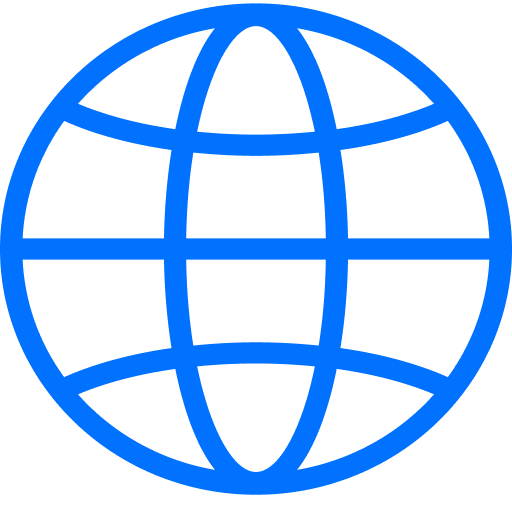
Learn more before making decisions about public benefits for you and your family. Here are a few Frequently Asked Questions to get you started:
A: Public benefits are government benefits like food, cash, housing, and medical assistance for people with low or no income. Examples include CalFresh, CalWORKs, Section 8, and Medi-Cal.
A: Public Charge is a rule for some people applying for Permanent Residence (Green card) or certain other visas to enter the U.S.. It mainly affects people who are applying based on a family petition. A "public charge" is someone who depends too much on public benefits. Immigration officers decide if someone is likely to become a public charge. They consider a person's health, age, income, family support, skills, education, if they get certain public benefits, and more.
Not everyone is affected by the Public Charge rules, and not every public benefit is included in the test.
A: No. The rule does not affect:
- U.S. Citizens or Permanent Residents (Green card holders). Note: if a Green card holder leaves the U.S. for more than six months, the Public Charge rule can apply when they try to return.
- People applying for n U.S. Citizenship, Green card renewal, DACA renewal, TPS, U or T Visas, Asylum or Refugee status, Special Immigrant Juvenile Status,or VAWA.
- People who have a U or T Visa, Special Immigrant Juvenile Status, VAWA or Asylum/Refugee status.
- People applying for a Green card based on a U or T Visa, Special Immigrant Juvenile Status, VAWA or Asylum/Refugee status.
There are other, less common immigration statuses that are not affected by the Public Charge rule. For a longer list, click here.
A: No. Many benefits are not included in the Public Charge rule.
It's still OK for anyone who qualifies to get these benefits: WIC (Special Supplemental Nutrition Program for Women, Infants, and Children); Medicare; disaster relief; national school lunch or school breakfast programs; foster care and adoption; Head Start; Children’s Health Insurance Program (CHIP); AIDS Drug Assistance Program (ADAP); Premium Tax Credit under the ACA (Covered California); and the Earned Income Tax Credit (EITC) or Child Tax Credit. For more information, click here.
These benefits are already in the Public Charge test: Supplemental Security Income (SSI), CalWORKs/Temporary Assistance for Needy Families (TANF), CAPI, and state general relief or general assistance, and long-term care at a nursing home paid for by the government.
After October 15, 2019 there is a longer list of benefits in the Public Charge rule for people who receive these benefits after that date. The longer list is for:
- People who filed Green card applications through a family petition after that date or
- Permanent Residents who leave the U.S. for more than six months.
The longer list includes the benefits above (except state-funded long-term care) and federally-funded, non-emergency Medi-Cal/Medicaid, federal CalFresh/Supplemental Nutrition and Assistance Program (SNAP, formerly food stamps), Section 8 Housing Choice Voucher Program, Section 8 Project-Based Rental Assistance; and Public Housing.
A: It depends. The new Public Charge rule focuses on the person applying for a Green card through a family petition. It does not consider benefits used by their family members. But, there are different rules for people who have their green card interview outside of the U.S. See the next question for more information. Most immigrants who are applying for a Green card through a family petition are not eligible for the benefits listed in the rule.
A: The rules are different for interviews outside the U.S. The consulate officers can ask more questions about public benefits and family. Eventually, those rules should change and be the same for everyone.
A: Take the interview to learn more about your situation.
A: Each benefit has different rules about income and immigration status. If you need help for food, health care, cash, or housing for you and your family, find out more at https://www.cdss.ca.gov/Benefits-Services.
If you live in San Mateo County, contact LIBRE for a consultation at https://www.thelibreproject.org/contact-us.html.
Sources: Protecting Immigrant Families, Catholic Legal Immigration Network, Inc.
Here is more information from our partners at Protecting Immigrant Families, the State of California, and other experts:
Go to the list of providers on the California state website to find legal help with your benefits.
Enter your zip code, to find legal help for an immigration application or case.
We have created safe and private questions to help you understand if the Public Charge rule affects your immigration plans. We do not ask personal questions. The questionnaire can help you decide what is best for you and your family.


